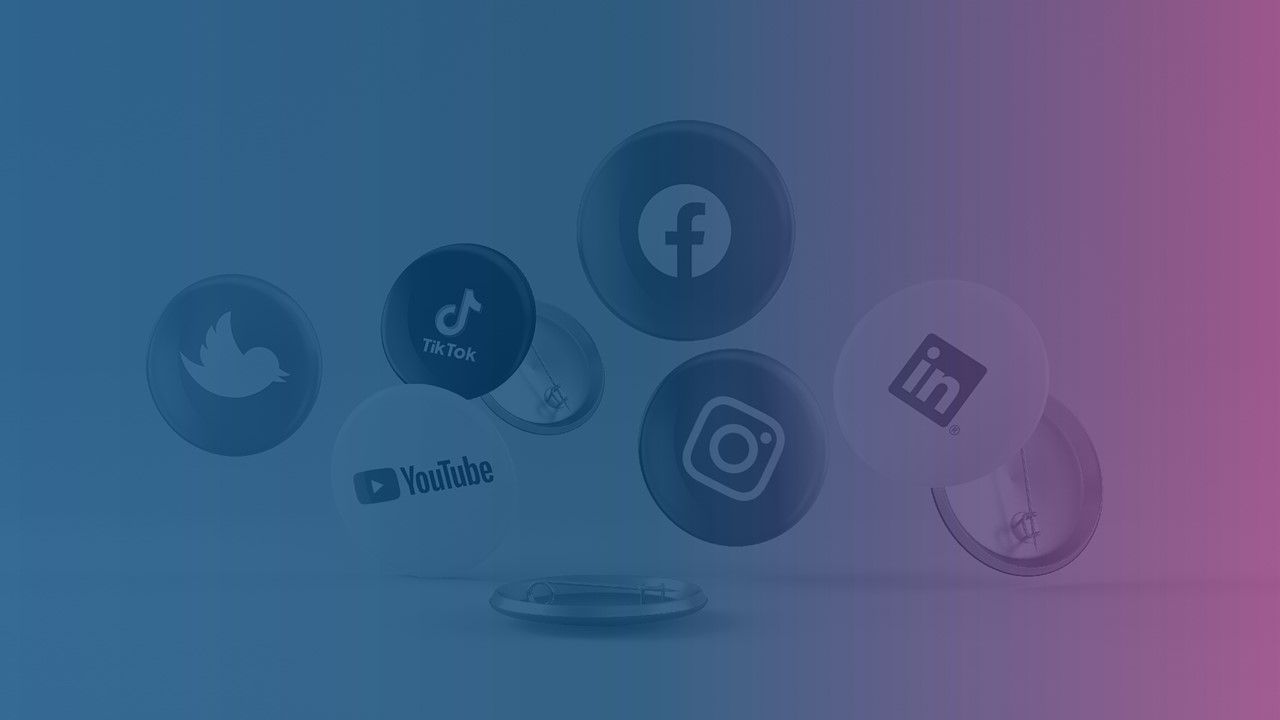
Did you know that a whopping 95% percent of people in the United States use the internet and 86% use it every day? Users of social media account for 74% of internet users, and the average daily time spent using social media on any device is just over 2 hours. Out of those people who engage in social media, 80% of users are looking for health information on the internet. They may be searching for general solutions to health issues they have or about specific health professionals.
Social Media Influence
With so many internet users utilizing social media the influence it can have on any business or organization is quite powerful. Information found on social media can have a direct influence on a person's decision to choose a specific provider or find a second opinion.
Based on these statistics, for healthcare organizations, it's easy to see that social media is an excellent platform for interacting with patients, potential patients, or other professionals. It presents a great opportunity to connect, communicate, and educate. Sharing general practice information, general health information, or engaging experiences will increase your social media presence. It is always important to post with caution with social media to be HIPAA compliant. For example, you can use social media to interact with your patients by answering their questions about your practice, educating them about common conditions you treat, and the procedures you perform. You can also use social platforms to display practice hours, office policies, and website addresses.
Shared Information by Healthcare Organizations
While social media can be an excellent tool for communication, healthcare organizations need to be careful about what they share and how to safely use it. Sharing patient-specific information on social media or even professional blogs without patient authorization can be detrimental to healthcare organizations and employees. Breaches of a patient's personal health information are a serious problem, and HIPAA violations are on the rise because of improper social media practices.
Educating healthcare employees of the potentially hazardous mistakes on social media or other sharing platforms would help to decrease or avoid many HIPAA violations altogether. However, educating healthcare employees about risks and your organization's policies and procedures to combat that risk is not a one-time task. HIPAA compliance is an ongoing, vigilant part of your overall compliance program.
Introducing HIPAA and Social Media into Your Compliance Training
Since social media use has become so prevalent, it's a good idea to integrate a clear and well-distributed social media policy into your HIPAA compliance training, if you haven't already. Healthcare Compliance Pros has created a sample Social Media Policy that you can customize based on the specific social media guidelines of your organization. You can also use it as a stepping stone to create social media guidelines and integrate them into a policy.
We are here to support and guide you through these changing areas of compliance. Besides having a sample Social Media Policy, the HIPAA Security training we've developed includes policies and procedures regarding workstation use, workstation security, and bring your own device (BYOD) policies.
Complying with HIPAA while Succeeding with Social Media
Coming up, we'll provide tips and tricks on how to make your social media use successful and rewarding, while still complying with HIPAA requirements. If you have any questions about implementing a social media policy or would like more information about the other compliance services we provide, please contact us by email: support@hcp.org or by phone: 855-427-0427.

